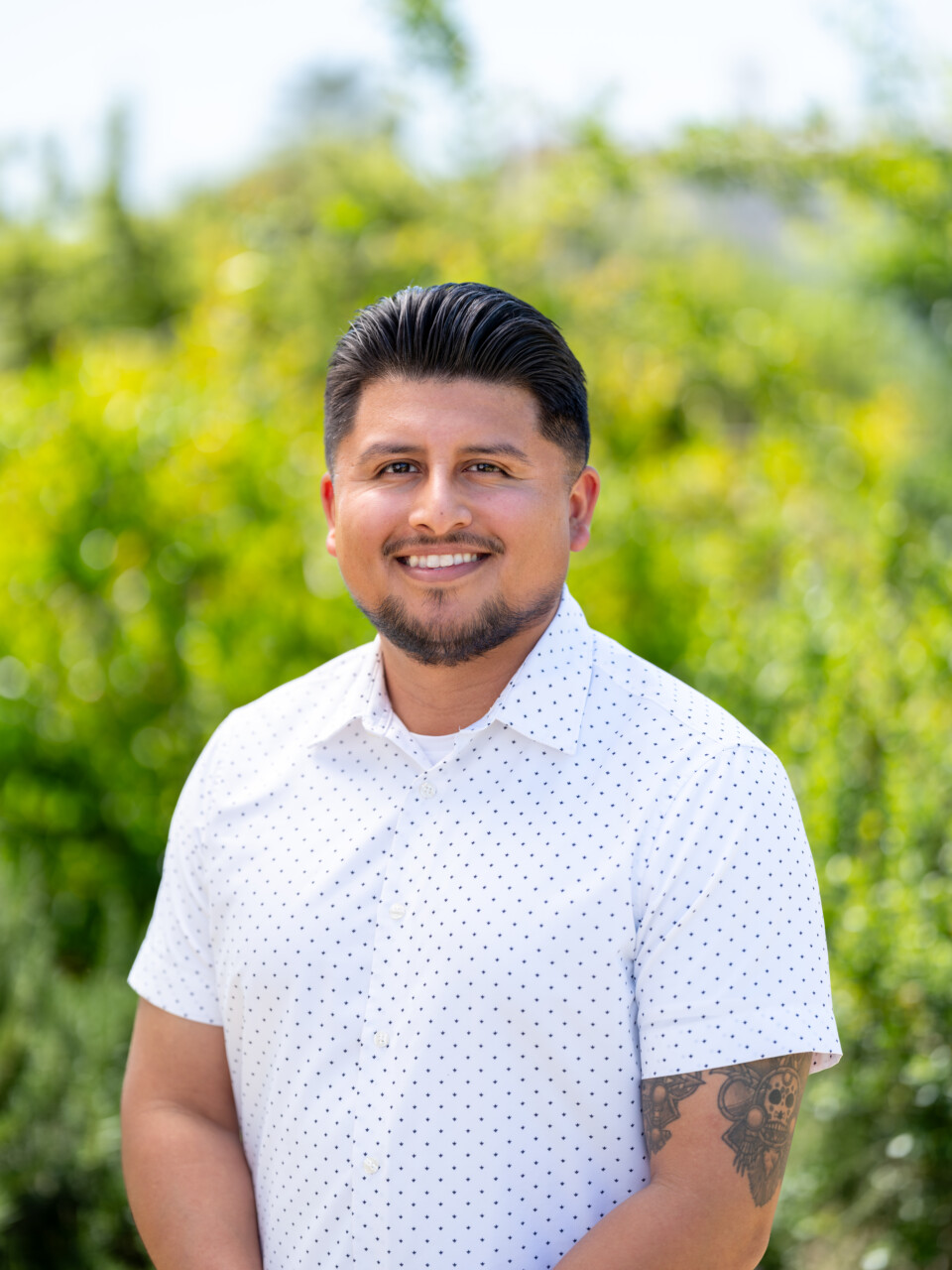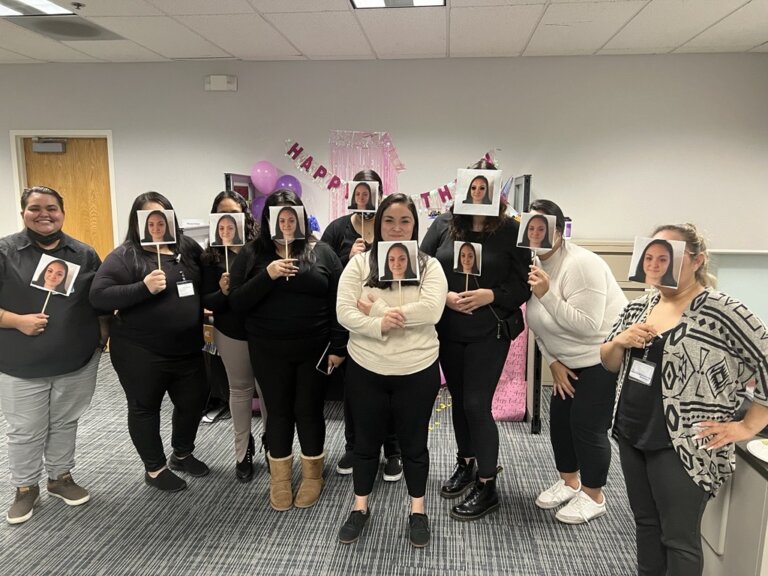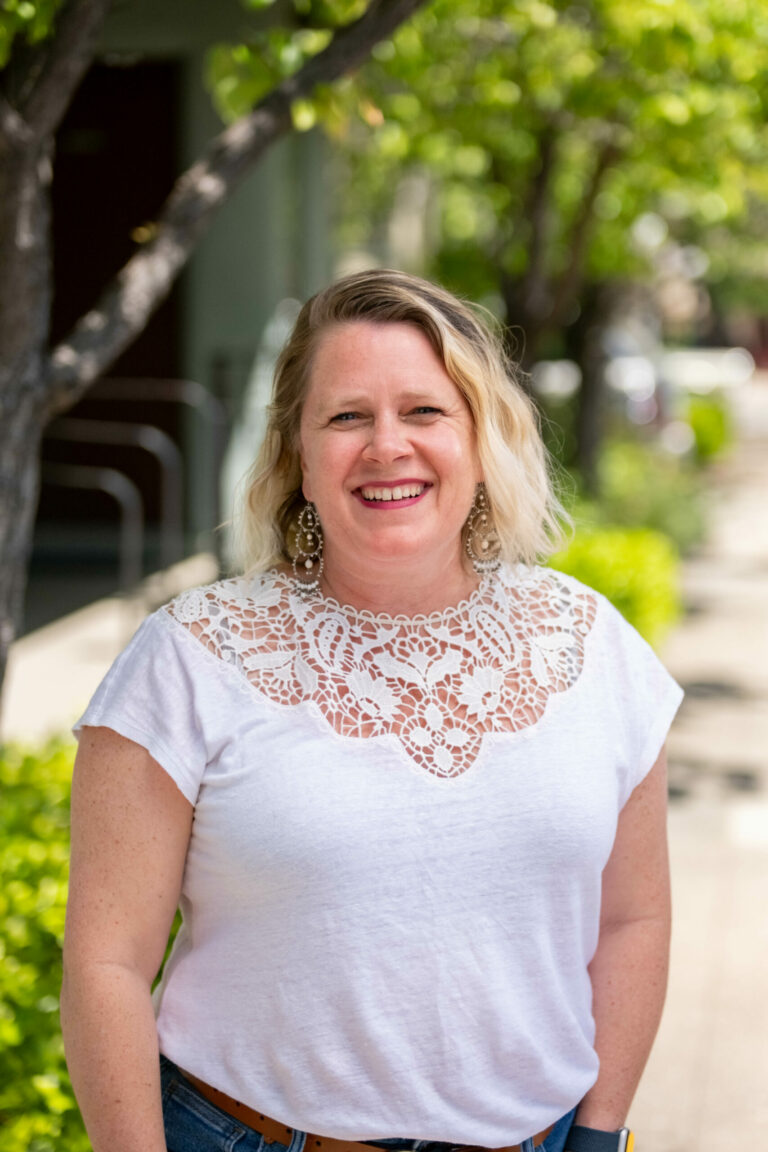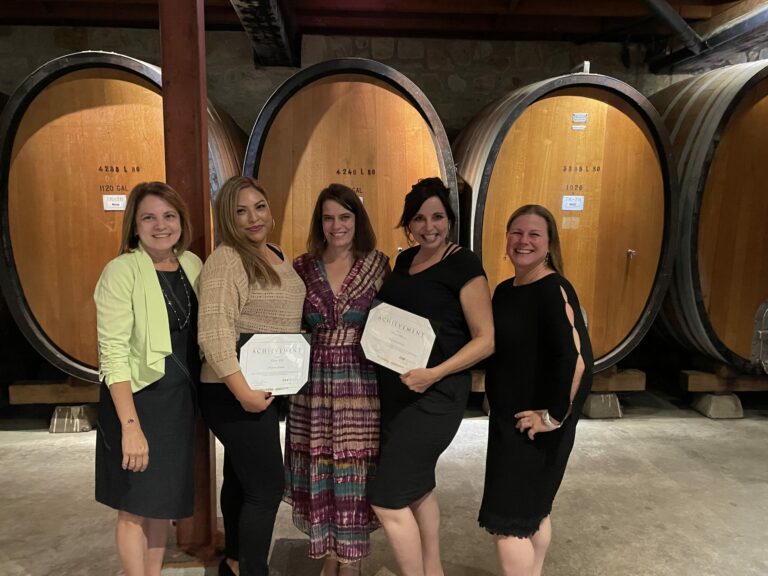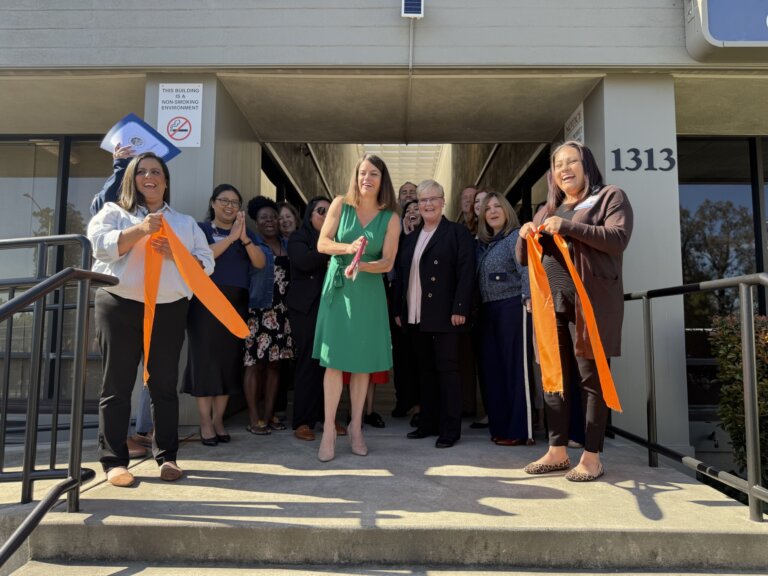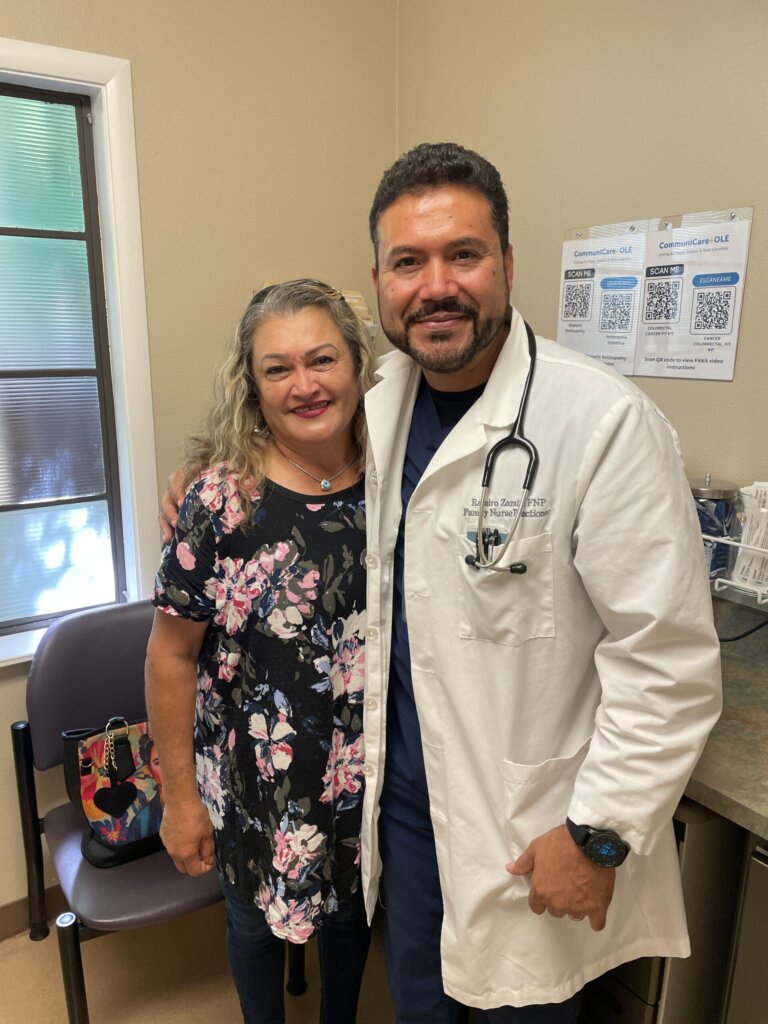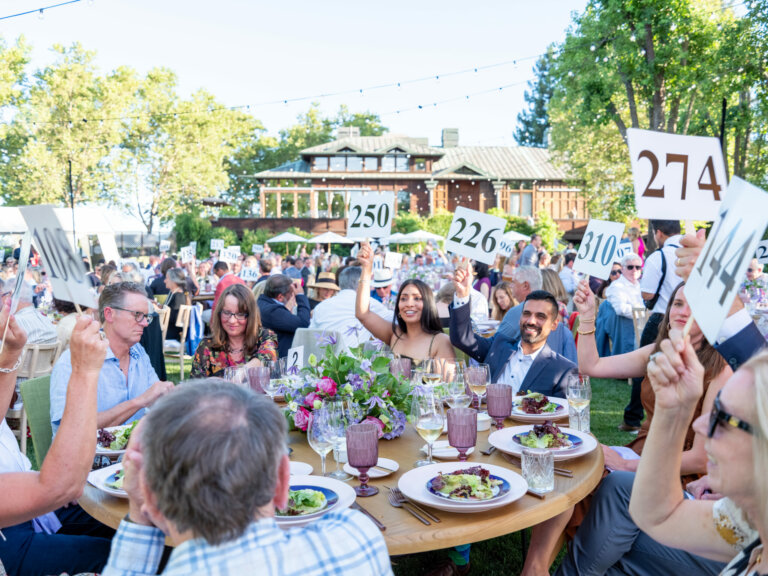From clipping hair to guiding conversations, Jaime Moncada’s path has been anything but ordinary. Raised in Woodland by parents who immigrated from Mexico, Jaime learned early what it means to work hard and give back. Today, as a marriage and family therapist, he draws on those same values to challenge misconceptions about mental health and show his community that therapy is for everyone.
Q: Can you tell us a little bit about yourself? Where did you grow up? Your family?
Jaime: I grew up in Woodland, the eldest of four children. My parents migrated from Mexico and have been here nearly 40 years, they’re still part of the community. I really enjoy working at CommuniCare+OLE and being able to provide services and help in the community that raised me.
Q: You started your career as a barber. Did you learn anything during that time that you find useful now as a therapist?
Getting haircuts is a safe place to have thoughtful and open conversations. It taught me to hear people out, be empathetic, and view things from other people’s perspectives. It introduced me to the idea of really listening, which influenced my decision to pursue a career in this field.
Q: What inspired you to move from barbering to becoming a marriage and family therapist? What was that transition like?
Barbering was always a side gig while I was in college, it gave me flexibility for my classes. My parents always encouraged education, so I knew I would pursue something with school. It wasn’t until I first started working with CommuniCare+OLE that I became interested in mental health, seeing it as a way to help people and make a difference. After graduating from Sacramento State in 2016, I started in the supervised visitation program, then moved to wraparound work with foster and probation youth, and now I do a little bit of everything, working with youth and adults.
Q: A lot of people don’t talk openly about therapy. From your perspective, what are some of the biggest misconceptions people have?
I hear from more men than women that they don’t need therapy, that it doesn’t do anything. Many people think therapy is easy, but can be a challenge as you work through difficult problems.
Q: For many men, there can be extra pressure to stay ‘strong’ and not ask for help. Why do you think that is?
It’s cultural. From a young age, boys are taught not to show emotion, boys don’t cry, control your feelings. We’re taught to suppress emotions and figure it out on our own, which discourages many from seeking help. Asking for help is one of the hardest things to do.
Q: Sometimes people see therapy as very different from going to the doctor or talking to a mentor. Do you ever make those kinds of comparisons when helping people understand what therapy is?
People often think therapy is just talking about problems, but it’s not as straightforward as going to the doctor for a toe or stomach issue. There’s a cultural aspect, many of us are taught to keep our struggles private, and letting a stranger into your inner thoughts can feel intimidating. I like to call it a dance between client and therapist: I may share a few personal anecdotes to build trust, but mostly I’m listening, guiding, and creating a space where clients can be vulnerable, reflect, and grow without judgment. It’s about helping people open up safely, much like a mentor would, but with structured support and tools for growth.
Q: Can you share some of the positive changes you’ve seen in people’s lives once they started therapy?
One client comes to mind who had struggled with sobriety for years. He started a program while in custody and continued in outpatient care at our Hansen clinic. I watched him stay engaged, share openly about his struggles, and admit when he was close to relapsing. Over time, he built the skills and habits to maintain his sobriety. Seeing him transform, and knowing he trusted me enough to open up, was incredible. People often come in scared or timid and leave with a weight lifted. Sometimes all I do is listen, but listening can be life-changing. I provide a space where they don’t feel judged, and that can make all the difference.
Q: How do you explain that therapy isn’t just for people in crisis, but also for anyone who wants to grow, heal, or strengthen their relationships?
I compare it to sports or music: you practice behind the scenes, not just before a big game or performance. Therapy is work we do ahead of tough times, like building habits, unlearning unhelpful behaviors, and learning new ones, so we’re better prepared for challenges. Just like any skill, we need to work on ourselves.

